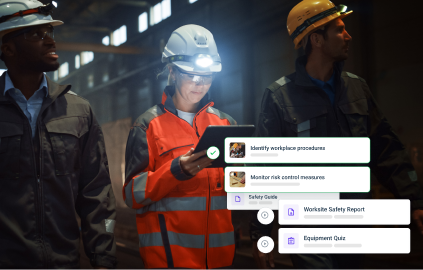

How your RTO can optimise Content Management and Assessment Authoring for maximum efficiency
In the dynamic landscape of education and training, the creation and delivery of quality assessments play a pivotal role in the credibility of training organisations.






_5%20(1)%202%20(1).png)

.png)
.png)
.png)


.png)


.jpg)

.png)




